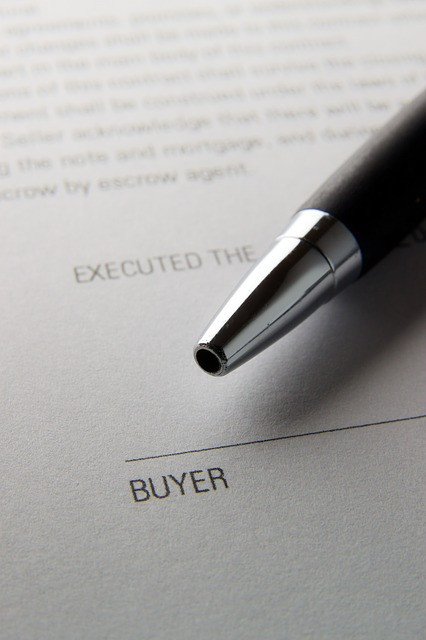Key functions of a notary include ensuring a contract and its implications are understood properly by all parties, that the contents of the contract are valid and lawful, that any agreed monies change hands accordingly and any taxes related to the contract are collected. They are highly trained lawyers who have qualified to draft and legalise a range of private contracts within the Portuguese law system.
The Notary

Turning dreams into reality
A trip to the notary’s office is the final stage of a successful property purchase. You cannot become the lawful owner of a property without engaging the services of a notary. For your property purchase to be legally binding, the title deed of the property must be signed (by all parties) in the presence of a notary, who will legalise the document with their own signature and formal stamp.
What are the key functions of a notary?

Who does the notary represent?
They represent the interest of neither the vendor nor the buyer, and will not do the level of due diligence and searches on a property that your lawyer should do. Their status equates to that of a public official and they collect taxes on behalf of the state.

How much are the notary's fees?
How much are the notary’s fees?
Their fees, which are regulated, are typically €500 – €1,000 depending on the property (excluding land registry fees). The services of a notary are not limited to property related contracts.

What if I don't speak Portuguese?
What if I don’t speak Portuguese?
Notaries can insist on translators, or translated copies, being present when non-speaking Portuguese clients are signing a title deed.

How do I choose a notary and what happens on completion day?
Most towns and resorts have at least one resident notary. Your lawyer will have a good relationship with one or two notaries and so be guided by them on which one to use. Your lawyer will come with you to the notary’s office on completion day. However, if you’ve given them power of attorney, they can handle it on your behalf.

